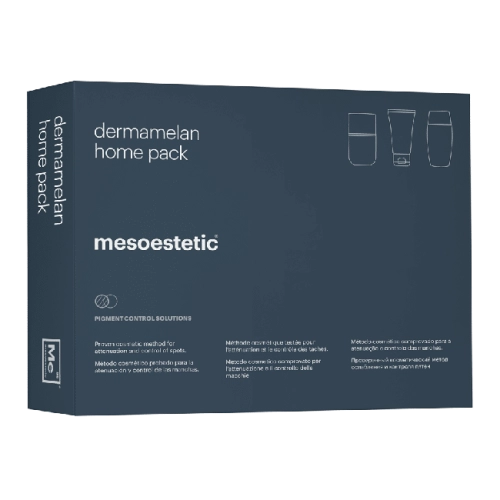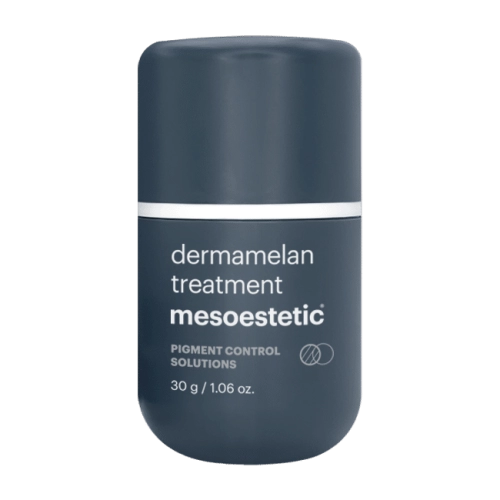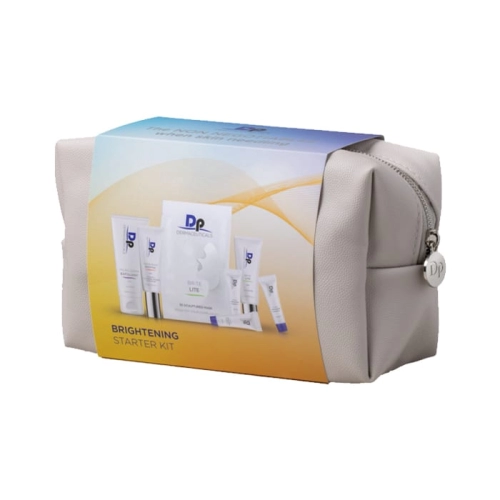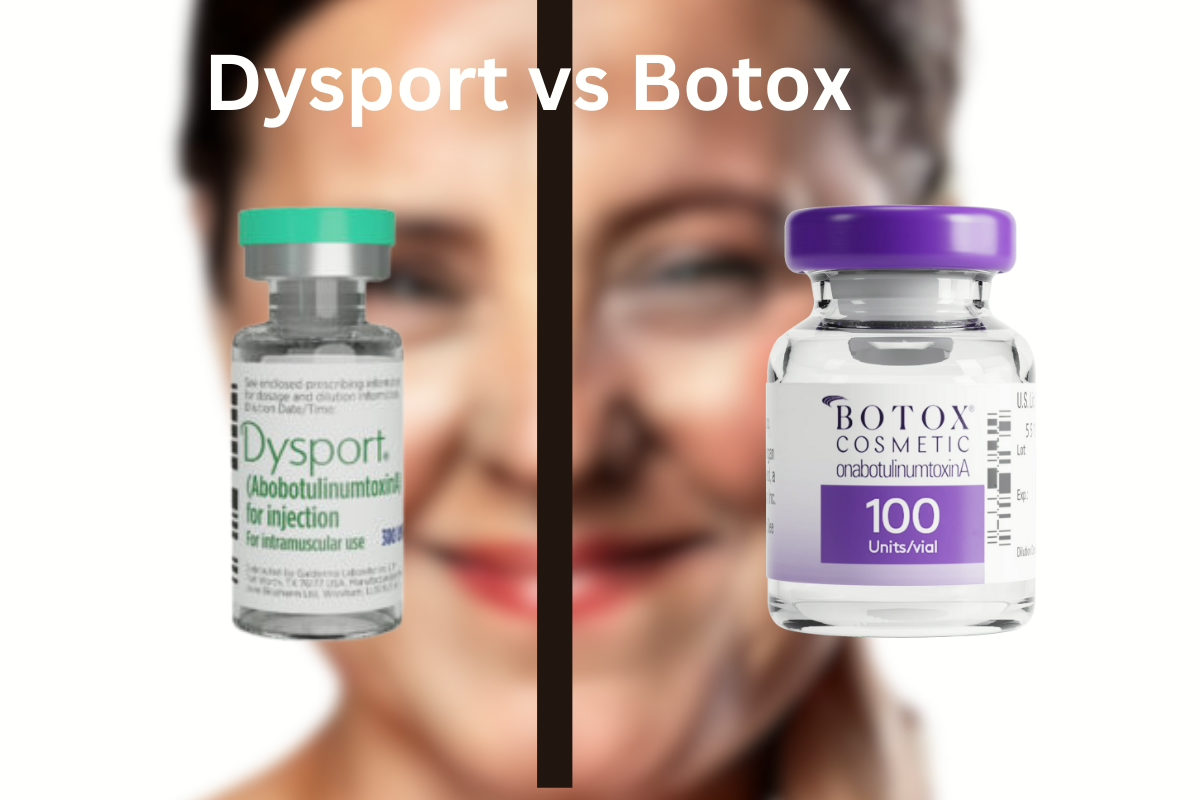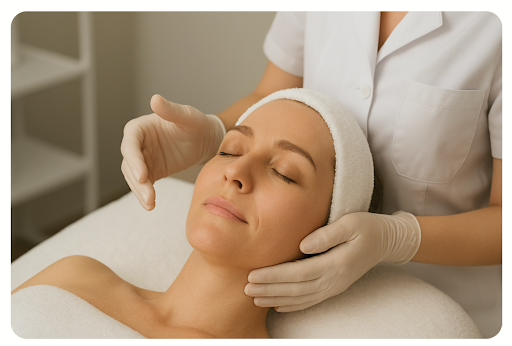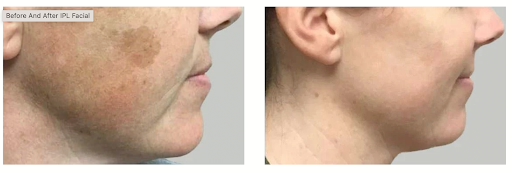
Empowering Choices: Skin Whitening Treatments Catering to Diverse Skin Tones
In a world where beauty standards have often favoured lighter skin tones, individuals with darker skin have long been subjected to societal pressure and discrimination. However, we all need to recognize and celebrate the beauty of diversity in all its forms. Over recent years, the beauty industry caters more and more to the needs and desires of people with darker skin tones. So many black models have now become famous for their beauty. Despite that, many people with darker skin tones still seek skin whitening treatments to feel more beautiful and confident.
In this blog, we delve into the world of skin whitening treatments explicitly tailored for darker skin tones. We will cover many options today, from exploring the science behind various skin whitening techniques to shedding light on natural remedies and safe cosmetic procedures.
We must note that our purpose is not to endorse the idea that lighter skin is superior. We would like to guide you through available treatments so that you can make an informed decision. We love and support a society where all skin tones are celebrated and valued.
What skin creams and lotions can help with skin whitening?
Numerous skin whitening creams are available in the market today, offering promises of a fairer and brighter complexion. However, you must choose a skin whitening cream that is scientifically proven to work and is produced by reputable manufacturers.
Scientifically proven skin whitening creams undergo rigorous testing and evaluation to ensure they are effective and safe. These tests typically involve clinical trials conducted on human subjects, assessing the cream’s impact on skin pigmentation and safety.
Moreover, a good manufacturer plays a vital role in ensuring the quality and safety of the product. Reputable manufacturers prioritize research and development, employing dermatologists, scientists, and other experts in the field to formulate their products. They adhere to strict quality control measures and follow ethical practices in the production process.
Are there any creams that contain only natural ingredients for skin whitening?
Natural creams for skin whitening have gained popularity as people seek safer and milder alternatives to traditional skin-lightening products. These creams are formulated with natural ingredients that brighten the skin without the harsh effects of certain chemicals. Here are a few examples of natural ingredients:
- Licorice Extract: contains a compound called glabridin. This inhibits the enzyme responsible for melanin production. It helps fade dark spots and even skin tone, making it a common ingredient in natural skin whitening creams.
- Mulberry Extract: is rich in antioxidants and contains arbutin, a natural compound that helps inhibit melanin production. It can lighten dark spots and promote a more radiant complexion.
- Bearberry Extract: contains arbutin, known for its skin-lightening properties.
- Vitamin C: is a potent antioxidant that helps brighten the skin and fade dark spots. It inhibits the enzyme responsible for melanin production and promotes collagen synthesis, which can improve the overall appearance and texture of the skin. Many natural skin whitening creams incorporate vitamin C.
- Kojic Acid: A plant-based extract that whitens skin.
- Vitamin B: Niacinamide which is vitamin B can help even out the skin tone and reduce the appearance of dark spots and dark skin. This can result in a brighter and more radiant complexion.
Other promising natural ingredients, such as garden kress, show promising results.
A selection of skin-whitening creams available in NZ
The mesoestetic skin care range is one of the world’s leading brands that scientifically develop and test skin whitening products. Here is a brief introduction to a few of their skin-whitening products. They all contain a combination of natural ingredients that help whiten the skin.
Can you take natural supplements for skin whitening?
Yes. Here are a few natural substances that have shown promising results in scientific studies:
Oral Glutathione
Recently, this natural antioxidant has gained popularity as a potential skin-whitening agent. It is a supplement widely available in supermarkets and shows promising results for skin whitening. One disadvantage is that the glutathione has to be absorbed by your gut before it reaches the bloodstream. This means that only small concentrations get to the skin. Nevertheless, a few studies have shown that it somewhat brightens the skin colour.
NRF 2 Activator
This supplement contains a combination of natural ingredients that activate your very own genes to produce more glutathione. Unlike traditional glutathione, it does not have to be absorbed by your gut to enter the bloodstream. Instead, this supplement stimulates your genes to produce more of your very own glutathione. This theoretically means you could achieve higher glutathione concentrations in your bloodstream. But so far, no study is available to show that it is better than oral glutathione to whiten your skin. But, a few experimental studies in laboratories and animals have shown promising results.
Carotenoids
These are red or yellow pigments in several plants, such as carrots and tomatoes. Carotenoids filter blue light and protect the skin from environmental factors. As a result, they may block the formation of melanin. A few studies have shown that people had significantly whiter skin when they took this supplement for approximately 12 weeks.
Procyanidin
Many red wines contain high levels of procyanidin, a micronutrient with many benefits. Several studies have shown that procyanidin can reduce your risk of getting a heart attack or stroke. However, a few studies could also establish that it helps whiten the skin.
While various natural ingredients are claimed to have skin-lightening properties, it’s important to note that the effectiveness and safety of these supplements can vary, and the results may not be guaranteed.

Are there any prescription drugs that can help with skin whitening in NZ?
Yes. The following drugs help improve uneven pigmentation, which is slightly different from skin whitening. However, a few studies have shown that these drugs also whiten the skin as a whole, not only a few dark patches.
Tranexamic acid is a prescription medicine doctors commonly use to treat heavy periods. Some women noticed that, when they took this tablet, their skin tone whitened and uneven pigmentation improved. Based on that and a few promising studies, doctors can prescribe it to treat melasma or whiten the skin. But please bear in mind that it is not yet approved by Medsafe for skin whitening in New Zealand.
Nevertheless, the doctor can still prescribe it for you under the Section 29 Act in New Zealand. Also important to note is that you can not take this medication if you ever had a clot in your legs or lungs or if a close family member has a problem with blood clotting.
Hydroquinone is an organic chemical produced in a lab. It used to be an ingredient in many over-the-counter whitening creams. But in most countries, including New Zealand, it is now a prescription-only drug. This is because there are some concerns about its safety when you use it for a long time. Nevertheless, the Australian College of GPs recommends a cream containing hydroquinone to treat melasma for 3 to 4 weeks. After that, they recommend regularly using the hydroquinone cream twice or thrice weekly. The College made that recommendation because they agreed it is safe to use hydroquinone in low doses only a few times weekly and in small quantities.
Glutathione Injections For Skin Whitening in NZ
Glutathione injections have gained popularity recently for their purported skin-whitening effects. Glutathione is a naturally occurring antioxidant that is found in almost every cell in the human body. It helps protect cells from oxidative stress and supports the immune system.
But glutathione can also help whiten the skin. This is because it inhibits the production of melanin, the pigment responsible for the colour of our skin, hair, and eyes. By reducing melanin production, glutathione injections can lead to a lighter and brighter complexion.
However, it’s important to note that using glutathione injections for skin whitening is controversial. In New Zealand, only doctors or nurses who work under the supervision of a doctor are allowed to administer glutathione injections as a skin whitening treatment. The effectiveness of these injections in achieving the desired results is still a matter of debate. A few small studies could show that it brightens the skin at this stage, but this effect may only last six months.
If you decide to have glutathione injections, it is of utmost importance to get them from a registered doctor in a reputable clinic. They can help you understand the potential risks and benefits and discuss safer alternatives for achieving your desired skin goals. These include topical treatments or supplements. Please read more about glutathione injections here.

How can I best whiten my skin?
The best and safest option to whiten skin is to combine various treatments. Some people may only use skin-whitening creams and maybe incorporate supplements into their routine. To do this, you can purchase skin-whitening lotions from your preferred store. But please choose products from well-known manufacturers with a good safety profile and scientifically proven ingredients.
In contrast, others may take things further and incorporate prescription drugs or glutathione injections. In this case, it is crucial to consult a qualified doctor.
Why do I need medical advice for so many skin-whitening treatments in NZ?
This is mainly because many skin-whitening treatments are still experimental and sometimes even controversial. It is essential to discuss your treatment with a registered doctor who takes a thorough medical history from you to make sure you are a suitable candidate. Here are a few more reasons to consult a doctor before you embark on a skin-whitening journey.
Professional Expertise
Doctors specialise in understanding skin’s complexities and reactions to different treatments. They possess in-depth knowledge about various skin-whitening options’ safety, efficacy, and potential side effects.
Accurate Diagnosis
Various factors, such as hyperpigmentation, melasma or sun damage, can cause skin discolouration. A doctor can accurately diagnose the cause of your skin concerns, ensuring that you receive the appropriate treatment.
Risk Assessment
Skin-whitening treatments, including prescription drugs, can carry certain risks or contraindications. Consulting with a doctor helps identify potential adverse effects that could arise from the medicines you are considering.
Dealing with complications
Even though complications are typically rare, they can always arise. And if you develop a complication from your treatment, a doctor will know how to treat them.
Everyone’s skin is unique, and what works for one person may not work for another. By consulting with a doctor, you can make informed decisions about the combination of treatments that will be most effective and safe for you.
Book An Appointment to look at your options.
If you are considering a skin whitening treatment and would like to explore your safest options, we encourage you to book an appointment to discuss your needs with a doctor. It is essential to prioritise your health and well-being throughout this process, and consulting with a skincare specialist will help ensure that you make informed decisions.
Skin whitening is a personal choice, and we respect your decision to explore this avenue. However, being aware of potential risks and understanding the safest methods available is crucial. You can receive personalized advice based on your unique skin type, concerns, and medical history by scheduling a consultation. A professional can assess your needs and recommend the most suitable treatments while considering potential side effects and long-term implications.
Please contact Satini Cosmetic Clinic to speak to our skin doctor.

J Cutan Aesthet Surg. 2013 Jan-Mar; 6(1): 4–11. Rashmi Sarkar, Pooja Arora,1 and K Vijay Garg. Cosmeceuticals for Hyperpigmentation: What is Available?
Findlay GH, Morrison JG, Simson IW. Exogenous ochronosis and pigmented colloid milium from hydroquinone bleaching creams. Br J Dermatol. 1975;93:613–22.
Exp Ther Med. 2020 Jul; 20(1): 173–185. Wenhui Qian,1,2 Wenya Liu,1 Dong Zhu,2 Yanli Cao,1 Anfu Tang,1 Guangming Gong,1 and Hua Su1 Natural skin-whitening compounds for the treatment of melanogenesis (Review).

